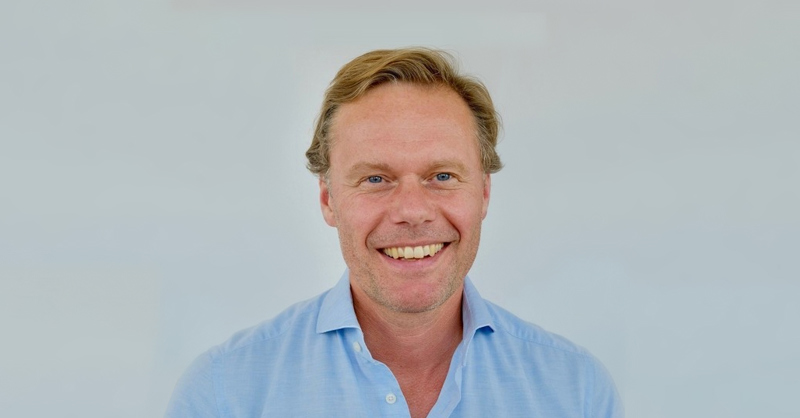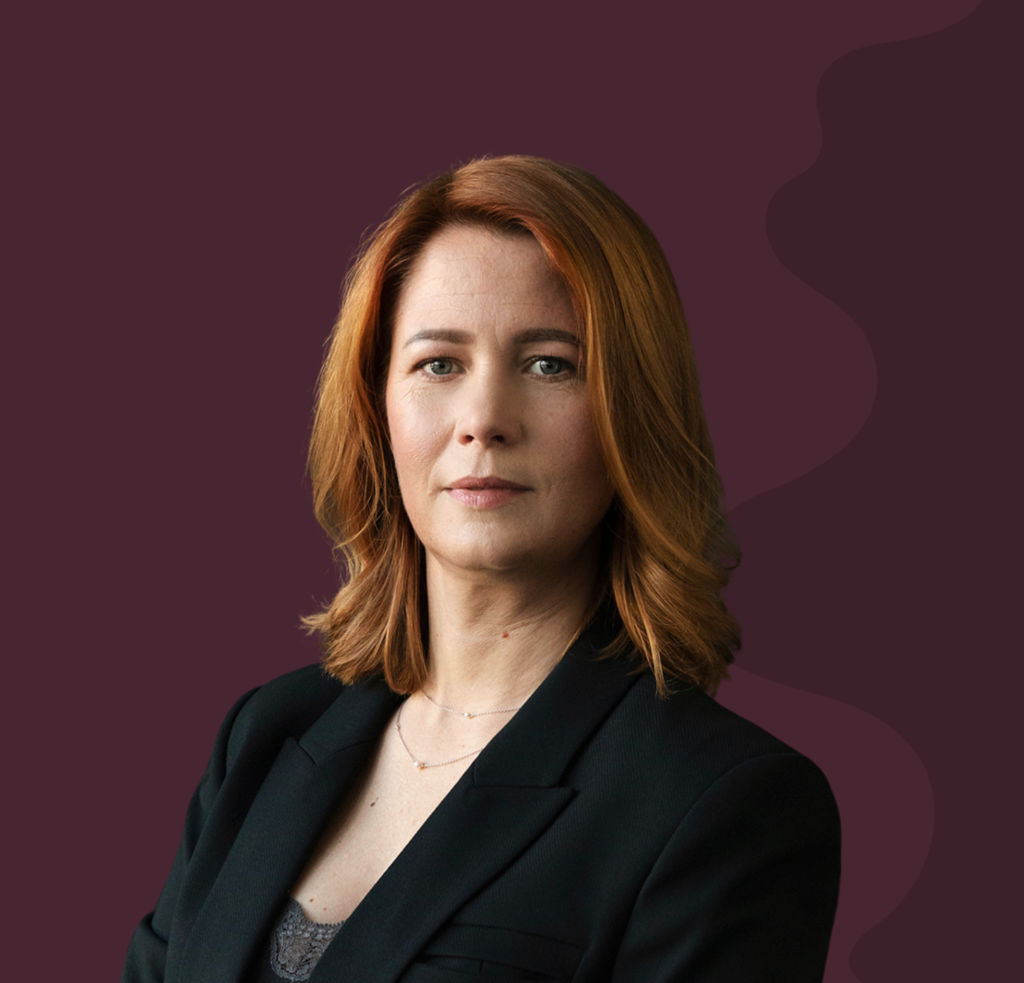 Jeroen Wels joined COFRA Holding as Chief People Officer in September, 2023, bringing over two decades of global HR experience and a passion for people and purpose.
Jeroen Wels joined COFRA Holding as Chief People Officer in September, 2023, bringing over two decades of global HR experience and a passion for people and purpose.
He spent 20 years at Unilever in senior roles across the UK, Spain, the Netherlands and globally, including Group Chief Talent Officer and CHRO for the Beauty & Personal Care division. Known for driving culture and leadership transformation, Jeroen is also the founder of the People@Work Innovation Collective and a former Senior Advisor at BCG.
At COFRA, he has helped shape a more adaptive, inclusive organization—one where people grow, belong, and matter. His mission? Unleash potential and build a future-ready workforce that drives lasting, positive impact.
Has there been someone, at work or in private, who has played a special role in your journey towards CHRO?
There have actually been 3 categories of people who have played a role in my journey. The first category is all the people who showed me the ropes of being a really good HR professional. I have always looked out for who is the best in e.g. Leadership Development, Talent Management, Reorganization and tried to learn from them. The same goes for leadership, which is the second category. Having good leaders, HR and especially non HR, around me allowed me to observe and absorb what good leadership looks and feels like.
Who is led by principle and values? Who has a firm point of view but also listens well to the ideas of others? And who maintains the calm and engagement in times of crisis? This allowed me to learn what it means to be a leader in a way that fits me. And the last category are 3 close friends who helped me see how I could break through my self-limiting beliefs, define what impact means to me and see what is possible. A confronting but necessary and rewarding process.
“Irrespective of the route you take, you should spend the first 5 to 10 years of your career focussing on building hardcore HR skills and understanding the business. After that you can start expanding those skills with different experiences – different business units, geographies, leadership roles etc.”
How did you prepare yourself for the role of CHRO?
I’ve had a “zig zag” career but I think there are 2 routes you can take towards the CHRO role. One route is through HR Operations, then Business Partnering to understand the business, developing as a leader and then ending up in the seat. This route works well if you have strong strategic acumen and know how to bring in and work with the CoE’s. The second route, the zig zag, is where you start in HR Operations, then do Business Partnering, then CoE, then back to Business Partnering, CoE etc. until you end up in the seat.
In the CoE roles you will learn to think long-term, whereas in the Business Partnering roles you will learn how to transform a business. Irrespective of the route you take, you should spend the first 5 to 10 years of your career focussing on building hardcore HR skills and understanding the business. After that you can start expanding those skills with different experiences – different business units, geographies, leadership roles etc. Work hard, constantly reflect on what you can improve and…don’t take yourself too seriously. Take the situation serious, but not yourself!
Is there anything that has surprised you about the role? Something you didn’t expect?
It’s not so much a surprise as a learning, namely that the shadow of your leadership is much larger than you think, both in a positive and a negative way. Your words and behaviour carry more weight and you need to be aware of this. For example, when you make a suggestion it can be taken as a decision or an order, or if you are having a bad day it can be interpreted all sorts of ways. So you need to be mindful of this, without changing who you are, and be much more explicit in your communication.
“A better future starts with the work we do today. And my hope for the next generation is that they become stewards of putting people first—not for themselves, but for those yet to come.”
How do you inspire the next generation of leaders? What is your wish for them?
I hope I do but the truth lies in the eye of the beholder! I hope I show that I don’t have all the answers. I am firm and have my own point of view but I don’t have all the answers. I have my own doubts, I need help.
At the same time I also try to show that I am constantly asking myself how we can be better and work smarter with others to make that next step of progress. Because a better future starts with hard and smart work now. And my wish for the next generation is that they will be the stewards of putting people first because being a steward means doing something not for yourself but for the generations to come.
Which skills and capabilities do you feel CHRO’s of the future need to have?
I have a strong view on that. I think you need to have the skills of a CPO, COO and CDO combined. The CPO skills are about structuring your organization in such a way that the talent of your people are being developed and maximized, so think OD, Performance Management, Development.
Then you need to add to that the ability to make sure that you have enough talent and the right talent in the places that create most value for your strategy. Which is typically what a COO does, resource allocation to the highest value opportunity. And nowadays without digital skills, embracing and leveraging new technology, you won’t get far. You need to understand the dynamics between these three areas. See it as concentric circles – CPO, COO and CDO – where the skills and capabilities of a future CHRO should sit in the heart of those three circles.
Interview by Joan Beets
 Joan Beets, in her global corporate career that spanned 15 years, worked across industries (Oil&Gas, Staffing, Food Ingredients) and functions (HRBP, Talent, Change Management and HR Strategy) for large multi-national organizations. Joan have opened and closed offices in Asia and Europe, led the development of a contingent workforce framework to support multi-year Engineering projects, drove the HR aspects of a business transformation of a Global IT organization, developed and implemented a Global Mobility strategy and led the change management process of the transfer of on-site HR services to a shared service model in Europe and North America (incl. roll out of a new SuccesFactors platform).
Joan Beets, in her global corporate career that spanned 15 years, worked across industries (Oil&Gas, Staffing, Food Ingredients) and functions (HRBP, Talent, Change Management and HR Strategy) for large multi-national organizations. Joan have opened and closed offices in Asia and Europe, led the development of a contingent workforce framework to support multi-year Engineering projects, drove the HR aspects of a business transformation of a Global IT organization, developed and implemented a Global Mobility strategy and led the change management process of the transfer of on-site HR services to a shared service model in Europe and North America (incl. roll out of a new SuccesFactors platform).




